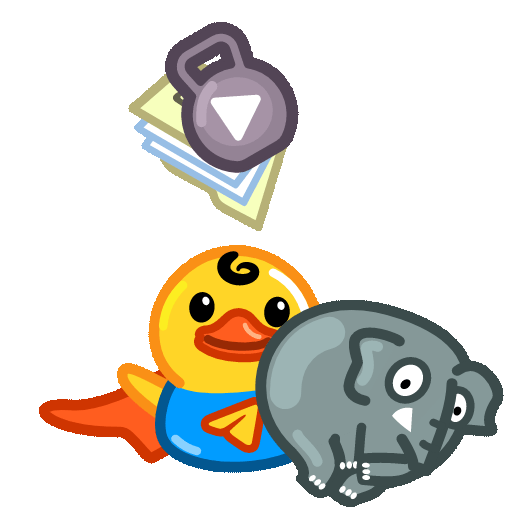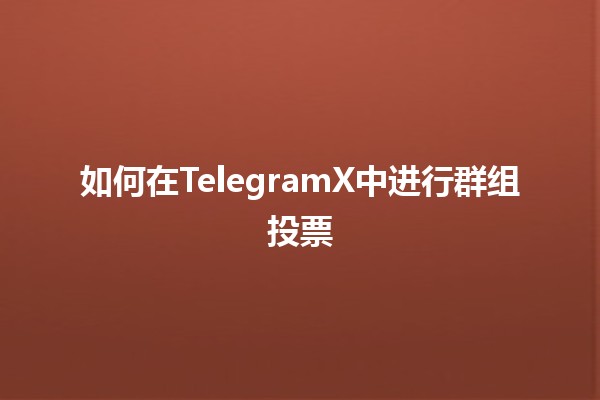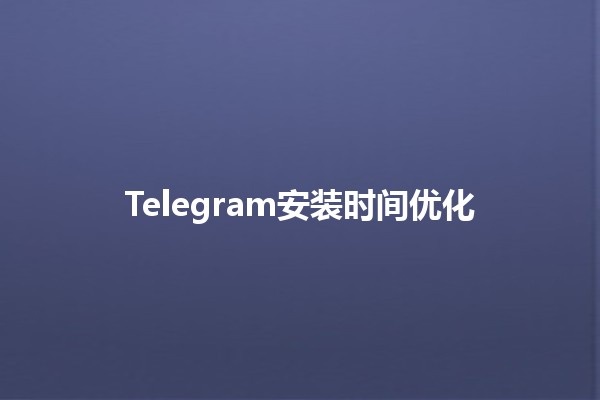Syncing Telegram with Outlook: A Seamless Communication Experience 🌐✉️

In today's fastpaced digital world, effective communication tools are essential for both personal and professional interactions. Two widely used platforms are Telegram — known for its speed and privacy features — and Outlook, which is a cornerstone for managing emails and calendars. The ability to sync these two powerful tools can significantly enhance your productivity and streamline communication. In this article, we will explore how you can successfully synchronize Telegram with Outlook, discussing the benefits, methods, and practical tips to create a cohesive workflow.
Understanding Telegram and Outlook
Before diving into the synchronization process, let’s briefly review what each platform offers:
Telegram: Telegram is a cloudbased instant messaging app that offers secure communication through endtoend encryption. It supports not just oneonone conversations but also group chats, channels, and bots, making it versatile for various use cases. Its unique features include large file sharing capabilities, selfdestructing messages, and a highly customizable interface.

Outlook: Microsoft Outlook is a comprehensive email client that also functions as a personal information manager. It allows users to send and receive emails, manage calendars, schedule tasks, and organize contacts. Outlook is widely used in professional environments due to its integration with other Microsoft services and apps.
Why Sync Telegram with Outlook?
Syncing Telegram with Outlook can provide numerous advantages:
Methods to Sync Telegram with Outlook
Now that we understand the benefits, let's explore various methods to synchronize Telegram with Outlook. These methods include using thirdparty tools, bots, and manual integration strategies.
Method 1: Using Telegram Bots
Telegram bots are automated programs that can send and receive messages on your behalf. They can enhance your communication capabilities with Outlook. Here’s how to set it up:
Open Telegram and search for “BotFather”.
Start a chat and use the command `/newbot` to create a new bot.
Follow the instructions to name your bot and get your unique API token.
Sign in to Microsoft Power Automate.
Create a new flow that connects to your Outlook account.
Choose Telegram as the trigger app, and select a relevant trigger (e.g., receiving a message).
Set the action back to Outlook, such as creating an event in your calendar or sending an email when a specific message is received.
Send a message to your bot and check if it triggers the desired action in Outlook.
Using this method, you can automate several tasks, ensuring that your Telegram communications are reflected in Outlook in real time.
Method 2: ThirdParty Integration Tools
There are also several thirdparty integration tools available that can assist in syncing Telegram with Outlook. Platforms like Zapier and Integromat (Make) can bridge the gap between the two services. Here’s how to use such tools:
Create an account on Zapier.
Click on “Make a Zap” and choose Telegram as the trigger application.
Select an appropriate trigger event, such as “New Message”.
Connect your Telegram account and authenticate it.
Choose Outlook as your action application.
Decide what action to take in Outlook (e.g., send an email, create a calendar event).
Complete the setup and test your Zap to ensure it works correctly.
Sign up for Integromat and create a new scenario.
Add Telegram as the first module and select a trigger.
Then add Outlook and choose what action you want it to perform.
Connect both applications with your respective accounts.
Save and run the scenario.
These integration tools offer flexibility and allow for more complex workflows that can cater to your specific needs.
Method 3: Manual Integration Techniques
If you prefer a more handson approach, there are several manual techniques you can use to sync information between Telegram and Outlook:
Whenever you have an important message or action item in Telegram, manually copy and paste the relevant information into Outlook as a new calendar event or task.
Use Outlook's calendar features to set reminders, deadlines, or notes based on your Telegram conversations.
If you receive important information in Telegram that needs to be shared via email, you can manually type or copy the message and send it from your Outlook account.
You can also set up a specific email (e.g., a designated address within your organization) that receives all important updates and notifications from Telegram.
Set a schedule to regularly review your Telegram messages and ensure they are reflected in your Outlook tasks and calendars.
This could be a daily or weekly practice to maintain organization and efficiency.
Practical Tips for Effective Syncing
To maximize the benefits of syncing Telegram with Outlook, consider the following practical tips:
Use Telegram’s folder feature to categorize your chats based on projects or priorities. This organization can help you easily identify which conversations need to be synced with Outlook.
Create labels in Outlook to signify messages or events that come from particular Telegram chats. This can help streamline your workflow and ensure nothing is missed.
Set up notifications for Telegram messages on your desktop or mobile devices so that you don’t miss crucial updates that need to be reflected in Outlook.
Technology evolves rapidly, and new integration tools emerge frequently. Keep an eye on updates to existing tools or explore new ones that offer improved features for syncing Telegram and Outlook.
Syncing Telegram with Outlook can significantly improve your communication efficiency and task management. Whether through bots, thirdparty integration tools, or manual methods, you can create a cohesive system that combines the strengths of both platforms. As you implement these strategies, you'll unlock new levels of productivity and ensure that your communication channels remain organized and effective.
In an era where effective communication is paramount, taking steps to sync your primary messaging app with your email and calendar tools can ensure that you're never out of touch with essential information. Start exploring these methods today, and take your communication to the next level! 🌟
This article provides a comprehensive view of how to sync Telegram with Outlook, ensuring readers gain valuable insights and actionable methods to enhance their productivity and communication strategies.
Other News

如何在TelegramX中进行群组投票 🤖📊

Telegram安装时间优化 🚀📱

Telegram Mac版下載地址及其特色功能探索!
